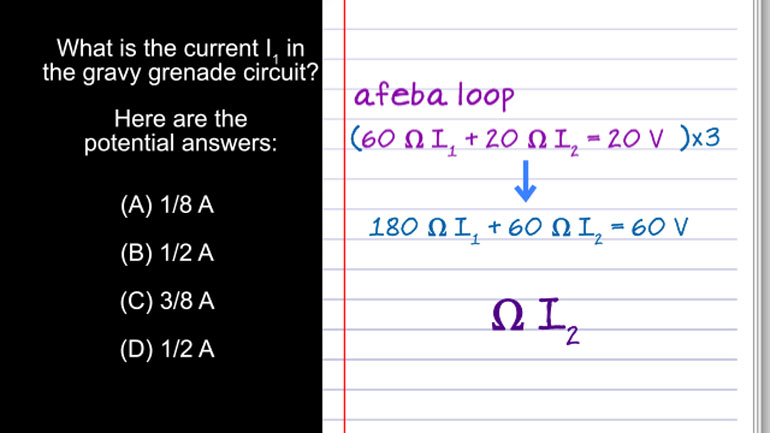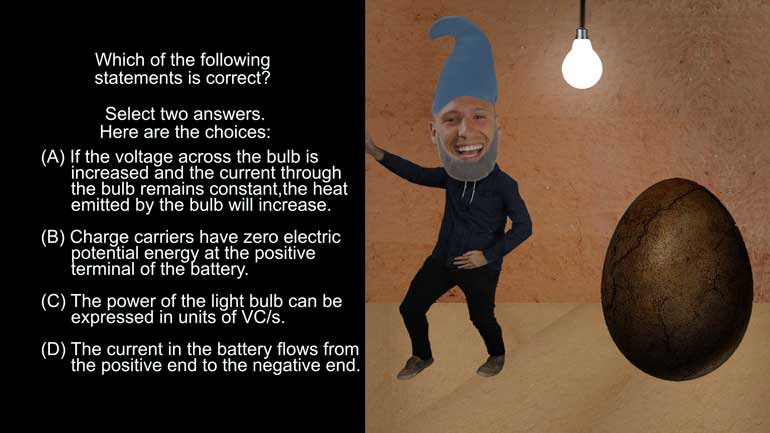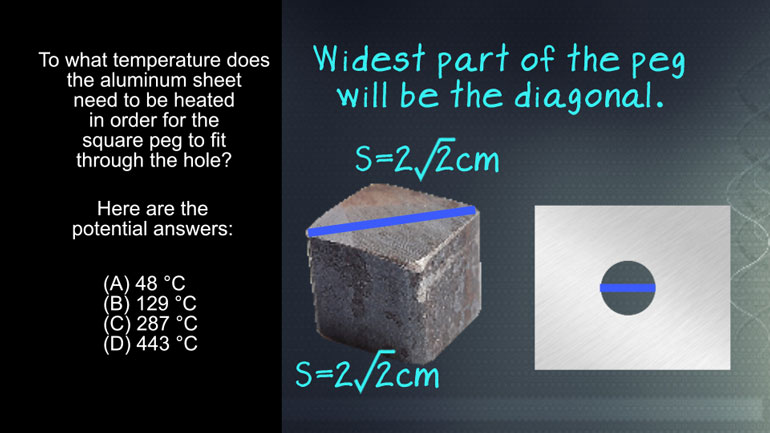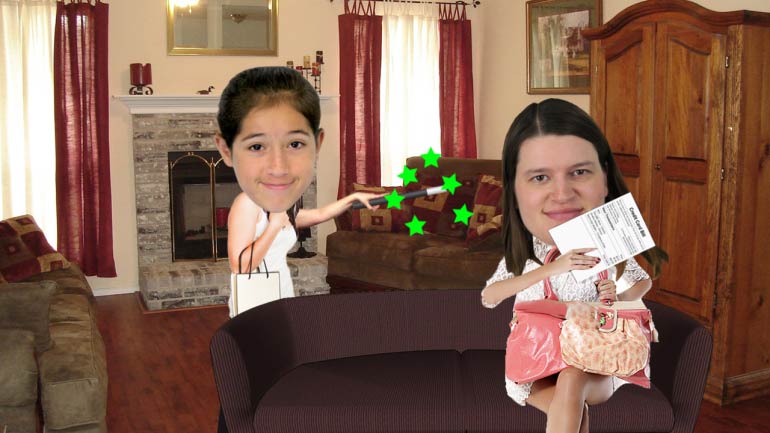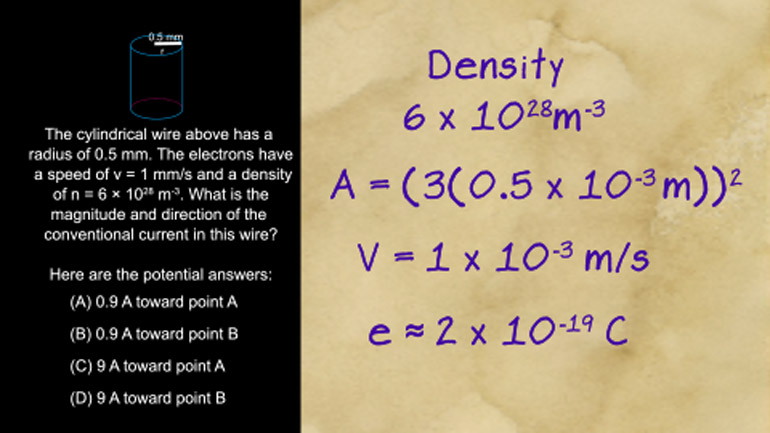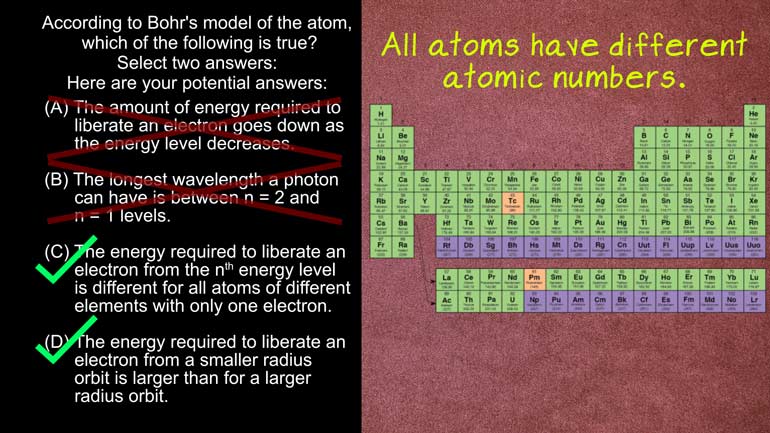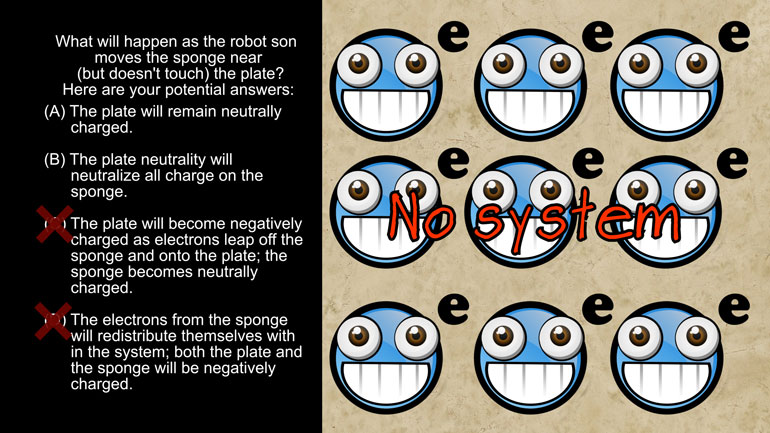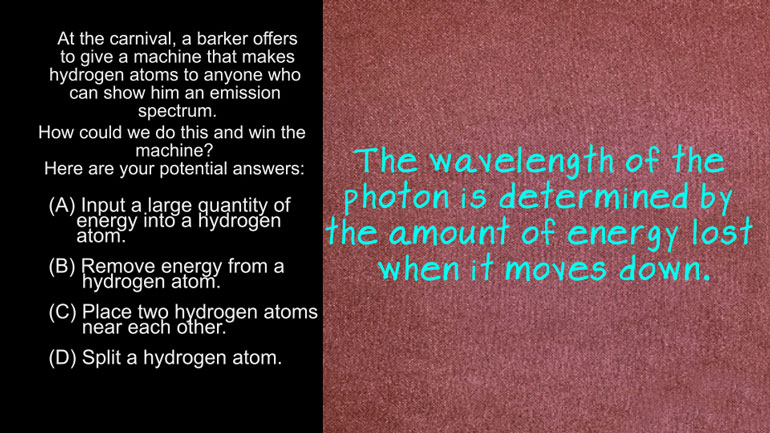ShmoopTube
Where Monty Python meets your 10th grade teacher.
Search Thousands of Shmoop Videos
Changes and Conservation Laws Videos 9 videos
AP Physics 2: 1.1 Changes and Conservation Laws. Which of the following statements are true?
AP Physics 2: 2.4 Changes and Conservation Laws. What is the current I1 in the gravy grenade circuit?
AP Physics 2: 1.5 Changes and Conservation Laws. Which of the following statements is correct?
AP Physics 2: 1.2 Changes and Conservation Laws 4 Views
Share It!
Description:
AP Physics 2: 1.2 Changes and Conservation Laws. What should the water velocity be when the sludge is cleared?
Transcript
- 00:04
And here's your shmoop du jour brought to you by sewer
- 00:06
pipes which might be the most important part of our daily lives that we don't [Man sitting on a toilet and flushes]
- 00:10
ever want to think about a sewer pipe carries stormwater out to the nearby lake
- 00:14
over time sewage fields up inside ooh gross narrowing the opening in certain [sewage inside a sewer pipe]
- 00:19
spots ooh double gross.. the city's chief sewage engineer makes several critical
Full Transcript
- 00:24
water flow measurements, in one spot a 20 centimeter thick layer of sludge has [sludge in the sewer pipe]
- 00:30
narrowed to 2.0 meters diameter pipe take a look at this diagram right
- 00:35
there yeah it shows that the sludge so we're going to call it politely goes
- 00:40
completely around the pipe the water velocity at this point is 10 meters per
- 00:45
second well based on this information what should the water velocity be when
- 00:48
the sludge is cleared and here the potential answers.....So sewer sludge is
- 00:56
really really gross and we're just going to move right ahead because we don't [Man slipping in sewer sludge]
- 00:59
even want to think about it we've never been so happy to do math before.. Solve
- 01:03
this well we'll use the fluid continuity equation that equation states that the
- 01:08
product of the cross-sectional area of the pipe and the fluids velocity at one
- 01:12
portion of a pipe equals the product of area and velocity at a second portion of
- 01:18
the same pipe this is a function of the conservation of mass well basically if a [A garden hose pipe]
- 01:24
volume X of fluid enters one portion of a pipe the same volume has to exit
- 01:29
that same portion as a pipe narrows the velocity of the fluid increases as [Girl squirts boy with a water pipe]
- 01:35
anyone who has ever put a thumb over the end of the garden hose can attest and if
- 01:39
the pipe broadens well the velocity slows.. in this question we're not given [Dimensions of a pipe]
- 01:44
the area but we're given the diameter and super genius types like us know that
- 01:49
the area of a circle equals pi times one half of the diameter squared well we can
- 01:55
plug that in on both sides of the equation and we can simplify it by
- 01:59
cancelling out PI from both sides so the pipe was originally two meters but due [pipe's diameter measurements]
- 02:04
to the twenty centimeters of sludge the diameter is reduced by forty centimeters
- 02:09
since the layer of sludge encircles the pipe and now we're getting a little
- 02:13
queasy from all this sludge talk, but we know that the current diameter is 1.6
- 02:18
meters and since we know that the current velocity is 10 meters per second
- 02:22
we plug those numbers in and we can solve for V sub 2 ...well V sub 2 equals V [Hand places V sub 2]
- 02:27
sub 1 times d sub 1 squared over d sub 2 squared, which means it equals 10 meters
- 02:34
per second times 1.6 meters squared over 2 meters squaresd, well simplifying the
- 02:40
division helps us find that the post-sludge cleaning velocity is 6.4
- 02:44
meters per second making B) the right answer... Now that we're finally done
- 02:48
talking about sewer sludge we want to take a shower so we can feel clean again [Man runs away from sewer sludge and takes a shower]
- 02:52
we'll try not to think about where all that water goes is it runs down the [water running down a drain]
- 02:58
drain
Related Videos
AP Physics 2: 1.1 Properties of Objects and Systems. What is the magnitude and direction of the conventional current in this wire?
AP Physics 2: 1.5 Properties of Objects and Systems. According to the Bohr's model of the atom, which of the following are true?
AP Physics 2: 2.2 Properties of Objects and Systems. What will happen as the robot son moves the sponge near (but doesn't touch) the plate?
AP Physics 2: 2.4 Properties of Objects and Systems. How could you show the carnival barker an emission spectrum?

